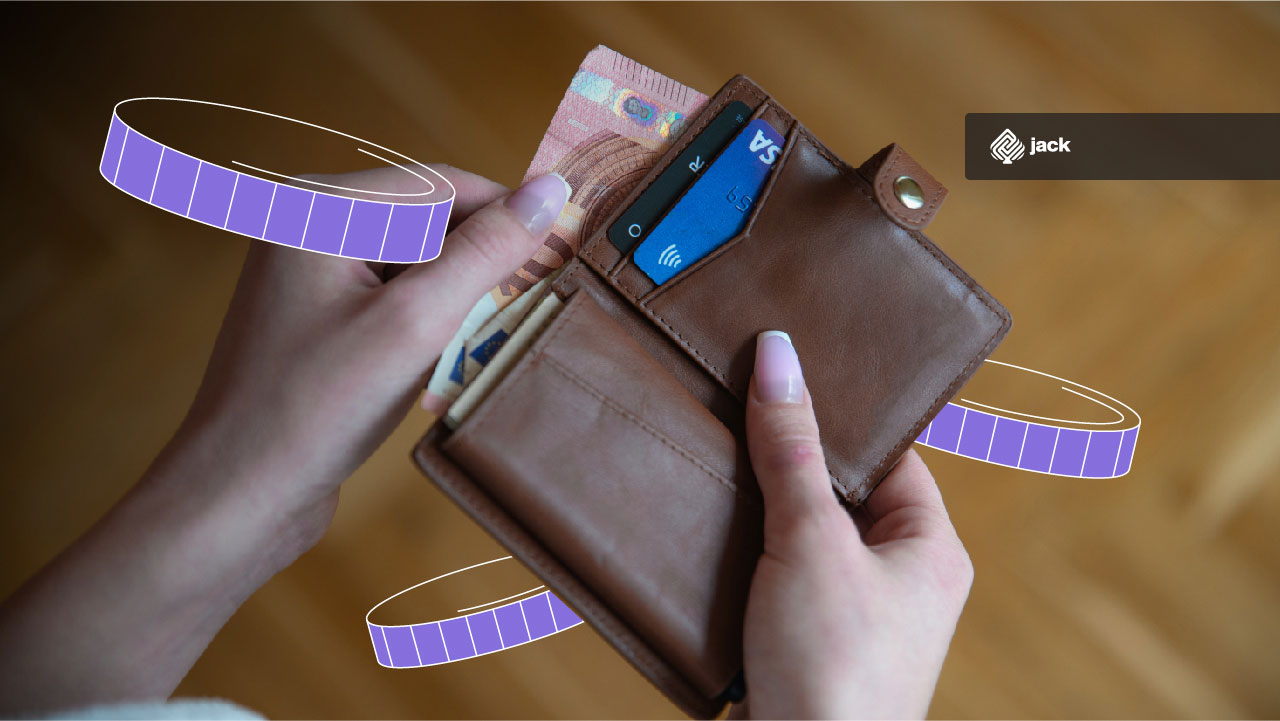Transferring money from abroad to Indonesia is a common practice for many individuals, both for business and personal purposes. However, to do it correctly, you need to understand the maximum limit for transferring money from abroad to Indonesia. In this guide, we will outline why knowledge of this limit is crucial and discuss in detail the maximum limit for transferring money from abroad to Indonesia.
The Importance of Information on the Maximum Transfer Limit from Abroad

Legal Compliance Regarding the Maximum Transfer Limit from Abroad
Understanding the maximum money transfer limit is key to legal compliance. Bank Indonesia has set this limit to regulate the inflow of money into the country and oversee financial transactions. Exceeding this limit may result in serious legal consequences, such as fines or even criminal actions.
Clarity in Financial Planning
Knowledge of the maximum money transfer limit allows you to plan your finances better. You can estimate how much money you can transfer to Indonesia in a single transaction and ensure that the transaction meets your needs.
Avoiding Financial Constraints
By knowing the maximum limit, you can avoid situations where you face financial constraints because the funds that should be received cannot be fully accepted. This also helps you maintain your financial balance.
Transparency of the Maximum Transfer Limit from Abroad in Financial Reports
For companies, especially those involved in international transactions, knowledge of the maximum money transfer limit is essential in maintaining transparency and compliance in financial reports. This will prevent issues in audits or inspections by tax authorities.
Maximum Transfer Limit from Abroad to Indonesia
The maximum transfer limit from abroad to Indonesia has been set by Bank Indonesia, the institution that acts as the central bank and has the authority to regulate the financial sector in Indonesia. For the year 2023, the maximum money transfer limit is set at 1 billion Indonesian Rupiah per individual per day.
This limit is established based on economic considerations and national financial policies. By limiting the amount of money that can enter the country, Bank Indonesia can control the money supply, regulate the exchange rate of the Rupiah, and maintain economic stability.
It is important to note that the maximum money transfer limit can fluctuate depending on the prevailing currency exchange rates. Currency exchange rates can change daily, and this can affect the amount of foreign currency you can transfer to Indonesia in Rupiah. Therefore, it is important to monitor currency exchange rates when planning a transfer.
Although there is a maximum limit, there are some exceptions. Some transfers, such as foreign direct investment and foreign loans, may not be subject to this limit. However, these exceptions must comply with applicable regulations and adhere to the terms set by financial authorities.
Role of Indonesian Financial Authorities
Indonesian financial authorities, including Bank Indonesia and the Financial Services Authority (OJK), play a crucial role in overseeing money transfers from abroad. They are responsible for ensuring that money transfers comply with applicable rules and regulations.
Violations of the maximum money transfer limit can result in serious sanctions, including fines and legal actions. Therefore, it is essential to comply with applicable regulations and accurately report money transfers.
Influence of Currency Exchange Rates on the Maximum Transfer Limit from Abroad
Currency exchange rates represent the exchange value between the currency of one country and the currency of another. The influence of currency exchange rates is highly relevant in the context of transferring money from abroad to Indonesia.
Currency exchange rates can fluctuate every day, and these fluctuations can impact the amount received by the transfer recipient. Therefore, it is important to understand how currency exchange rates can affect your money transactions.
The maximum transfer limit from abroad to Indonesia is always calculated in Indonesian Rupiah (IDR). The currency exchange rate at the time of the transaction will affect how much foreign currency you need to transfer to reach the maximum IDR limit. The higher the currency exchange rate, the less foreign currency you need to transfer to reach that maximum limit.
Process of Transferring Money from Abroad to Indonesia

Choice of Transfer Method
There are several methods that can be used to transfer money from abroad to Indonesia, including banks, money transfer institutions, and fintech. Each method has its advantages and disadvantages, as well as varying fees. It is important to choose a method that best suits your needs.
Identity Verification
Every money transfer method will require you to provide your identity information. This includes personal data such as name, address, and identification number. Identity verification is necessary to prevent money laundering and other illegal activities.
Transfer Purpose

You need to provide information about the purpose of the money transfer, whether it is for business purposes, bill payments, investments, or others. This transfer purpose will be used by the money transfer service provider to check compliance with applicable regulations.
Reporting to Tax Authorities
When you transfer money from abroad to Indonesia, you also need to ensure that you comply with applicable tax regulations. Income received from such money transfers may be subject to tax, depending on the nature and purpose of the transfer.
Role of Banks in the Transfer Process
Banks play a crucial role in the money transfer process. They act as intermediaries and ensure that transactions comply with regulations. Additionally, banks provide currency conversion services if needed.
Use Jack for your business needs
 Knowledge of the maximum money transfer limit from abroad to Indonesia is key to ensuring that your money transfers proceed smoothly and comply with applicable regulations. By understanding the importance of this limit, you can avoid legal issues, maintain financial transparency, and plan your money transfers wisely. For individuals and businesses alike, compliance with regulations is the first step toward success in managing cross-border finances.
Knowledge of the maximum money transfer limit from abroad to Indonesia is key to ensuring that your money transfers proceed smoothly and comply with applicable regulations. By understanding the importance of this limit, you can avoid legal issues, maintain financial transparency, and plan your money transfers wisely. For individuals and businesses alike, compliance with regulations is the first step toward success in managing cross-border finances.





